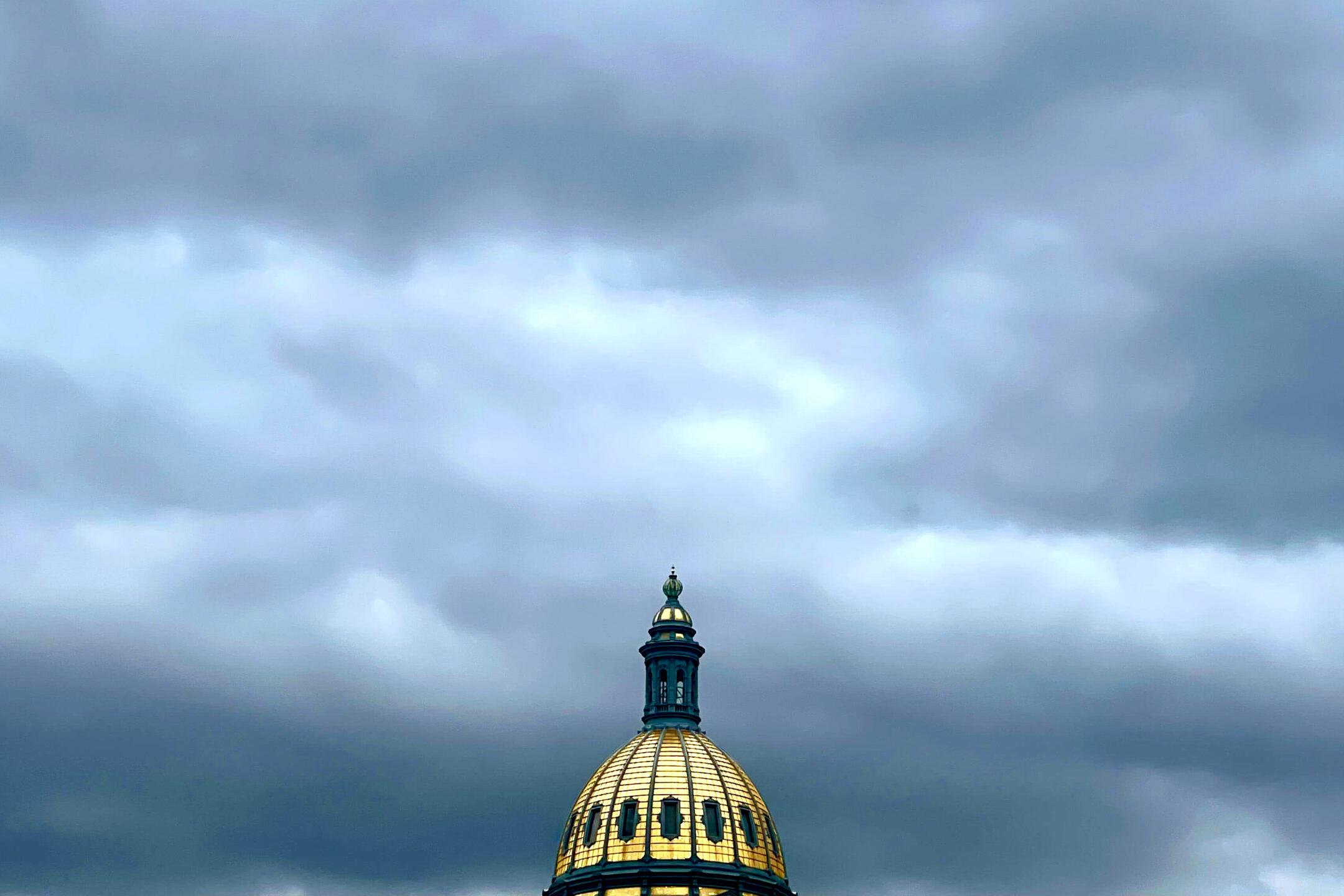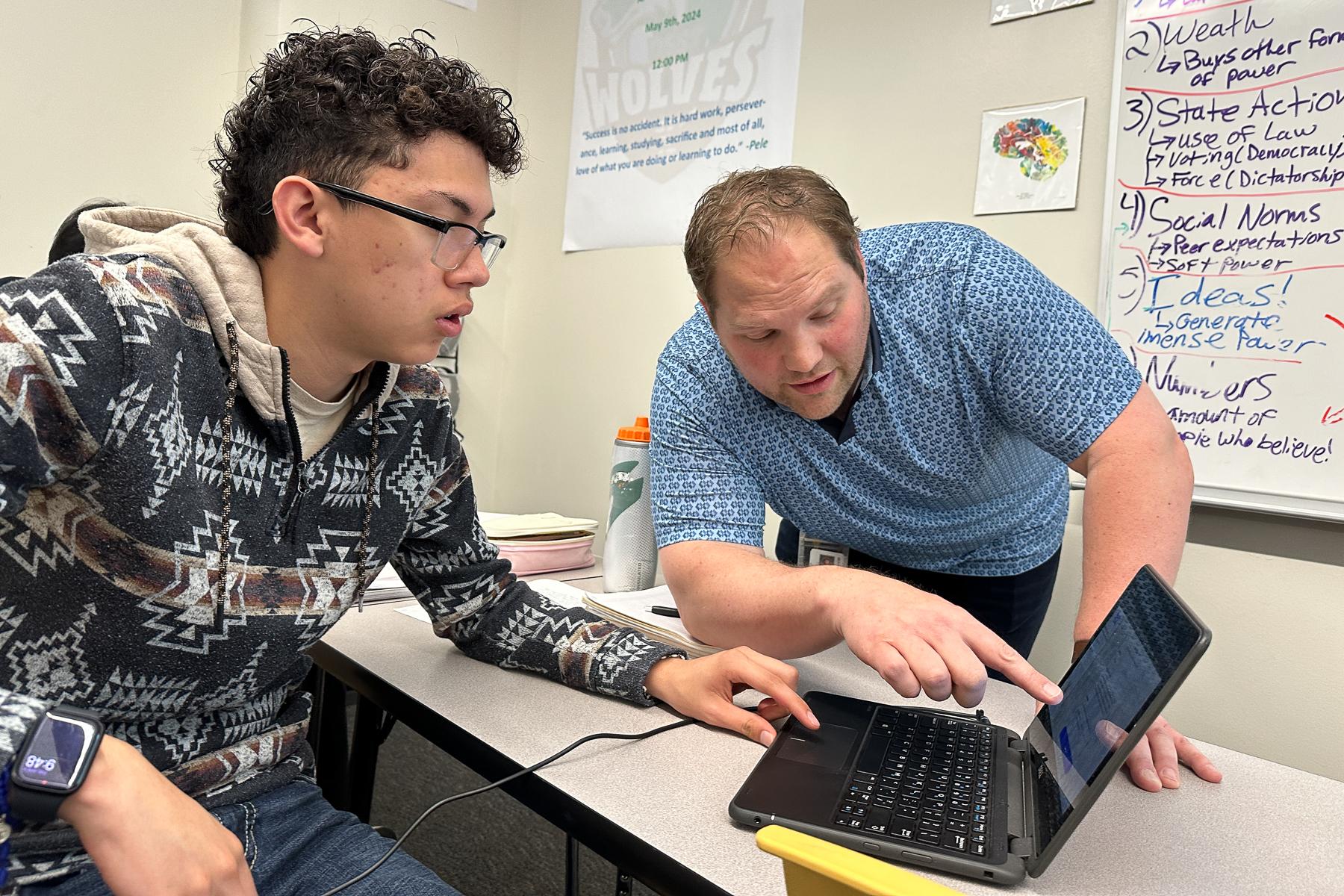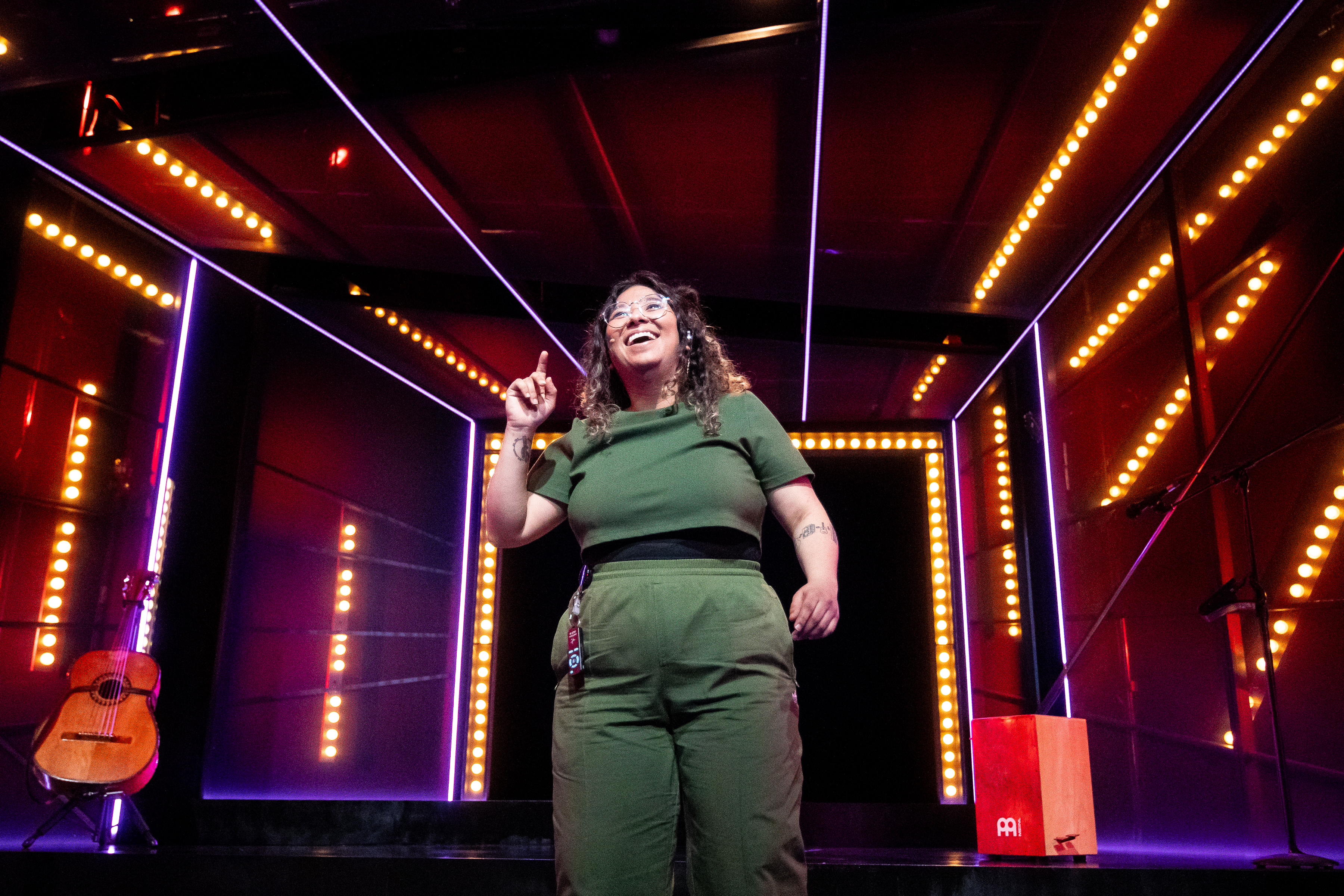
“The front-line soldier I knew lived for months like an animal, and was a veteran in the cruel, fierce world of death. …”
World War II correspondent Ernie Pyle wrote these lines nearly 70 years before 2007 when American soldiers carried out President George W. Bush’s surge in Iraq, an attempt to subdue insurgent activity in and around Baghdad by pumping up the number of American troops in country. The president hoped to shore up what had become a failed venture based on bad intelligence and with no clear mission, and the soldiers who would be called on to fulfill his mission were likely to have already deployed to Iraq once or twice.
Some soldiers, like the one in my family, had deployed before the surge and ended their lives before they were redeployed. My son’s Army reserve unit went back to Iraq and on to Afghanistan. His first sergeant had died within two weeks of redeploying to Iraq and my son had survived long enough to stand guard at the funeral. His best friend within the unit died of suicide after surviving all those deployments, a soldier scheduled to begin training as a Green Beret the following week. Truth be told, my son would have honored, respected and loved those who lived and returned to action. My guess is, he envied them.
Washington Post reporter David Finkel, a Pulitzer Prize and MacArthur Award winner, called these men and women The Good Soldiers in his groundbreaking 2009 account of the Second Batallion, 16th Infantry Regiment’s deployment to Iraq during the surge of 2007 – 2008. Finkel embedded within the 2-16 and became a constant witness to their daily struggles there, sometimes dodging explosive devices, sometimes detecting and disabling them, sometimes unwittingly detonating them with devastating impact. More importantly, Finkel witnessed the mental distresses and the tight emotional bonds forged among those soldiers in that war, chronicling not a sterile strategy but a deeply human struggle for survival.
Soldiers don’t make policy, Finkel reminds us with the quotes from President Bush that precede each chapter, stark representations of the disconnect between Washington and boots on the ground, they just carry it out with terror, determination, admitted brutality and unfathomable courage.
I saw Finkel speak recently about The Good Soldiers and his 2013 follow-up, Thank You For Your Service, a searing account of some of the 2-16’s re-entry and their struggles to adjust upon returning from Iraq to their homes around Fort Riley, Kansas. He said some soldiers had responded to his books derisively, accusing him of perpetuating a stereotype of ruined, maladjusted soldiers. But others had thanked him for telling it the way it was. When they returned home, they said, they were constantly harangued with requests from well-meaning loved ones to tell them what the war was like and they just couldn’t do it. Thanks, they told Finkel, for doing it for me. Now I can just tell them to read your book.
It stung to hear this, having stared into the nagging void of not knowing what it was like for my son who talked to no one about his war experience after returning home. It stung to finally understand that he couldn’t. And it filled me with gratitude for Finkel who has written about being a soldier in Iraq with self-effacing generosity, and in language that’s so clean and clear it borders on poetry — blood-stained, tender and real.
Now my gratitude — and no doubt the gratitude of thousands of soldiers, former soldiers, family and caring citizens — extends to Phil Klay, a former Marine deployed to Iraq whose new collection of short stories, Redeployment, stands poised to take its place next to Tim O’Brien’s Vietnam classic, The Things They Carried.
In his review of Redeployment, former New York Times Baghdad correspondent Dexter Filkins lauds Klay for his depiction of Iraq “not merely as a theater of war but as a laboratory for the human condition in extremis.” Klay’s sharply drawn, realistic fiction visits the collision of Iraq — profoundly foreign and exotic — with Americans who understand little if anything about it. It explores the dark edges of moneyed enterprise profiting in the midst of destruction and degradation, and the thin line between humor and madness, between survival and soul-crushing despair.
Both authors bring their soldiers home, across the gaping frontier from deprivation and danger to the soft land of consumer fantasy and prosperity. Both visit mental and physical spaces difficult to envision. And both fill in some of the blanks of this distant and persistent conflict that, whether we know it or not, has changed us forever.
The Good Soldiers by David Finkel (2009, Sarah Crichton Books: Farrar, Straus & Giroux)
Thank You For Your Service by David Finkel (2013, Sarah Crichton Books: Farrar, Straus & Giroux)
Redeployment by Phil Klay (2014, The Penguin Press)
Kathryn Eastburn is the author of A Sacred Feast: Reflections of Sacred Harp Singing and Dinner on the Ground, and Simon Says: A True Story of Boys, Guns and Murder in the Rocky Mountain West. You can comment and read or listen to this column again at The Big Something at KRCC.org. “The Middle Distance” is published every Friday on The Big Something and airs each Saturday at 1 p.m. right after This American Life.








